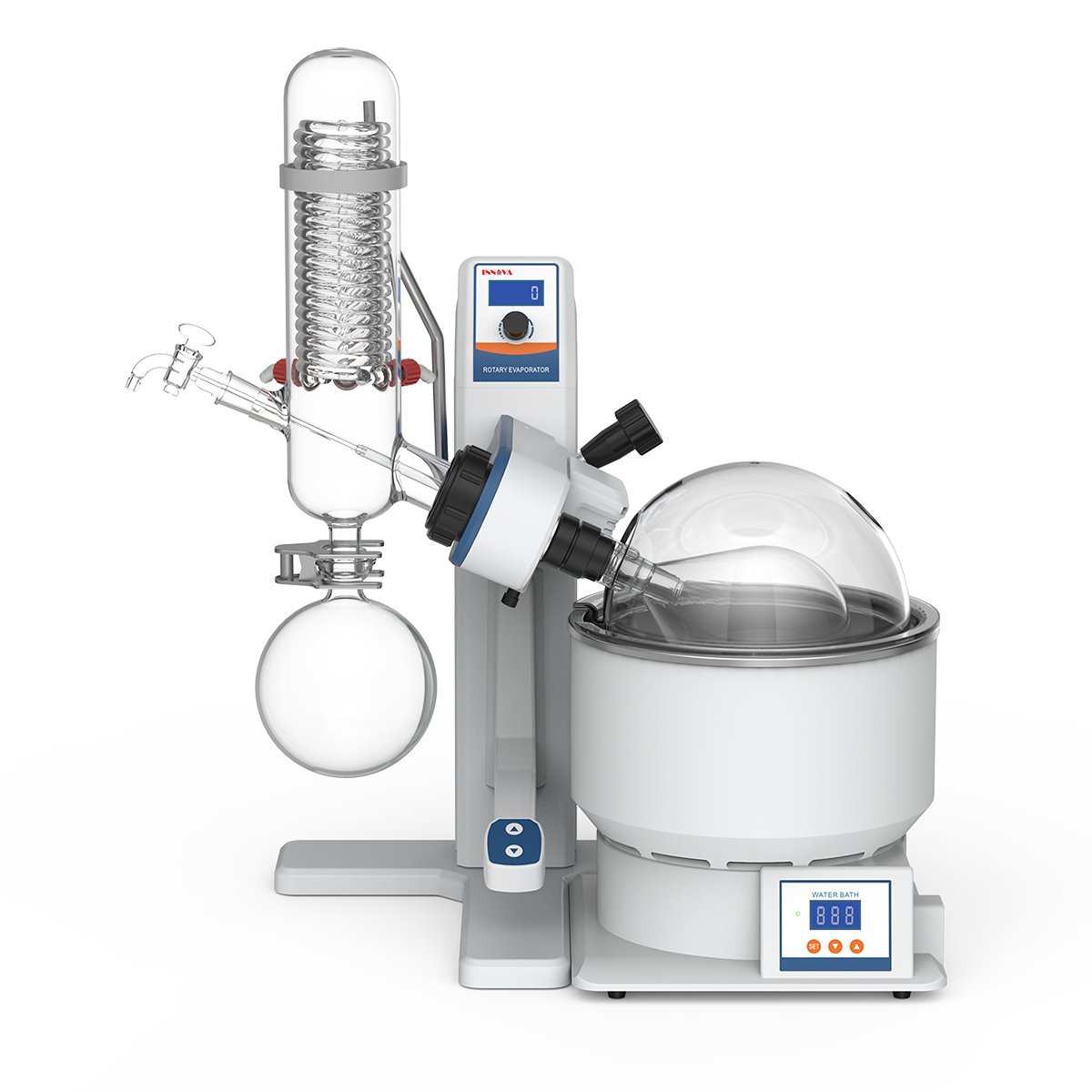Advanced Rotary Evaporator Technology has revolutionized the way scientists approach solvent removal and concentration in laboratories. This sophisticated equipment is essential for efficient and gentle evaporation of solvents, which is crucial in a variety of scientific applications, including organic synthesis, extraction processes, and the preparation of pharmaceutical compounds. At its core, the rotary evaporator or rotovap utilizes a rotating flask to enhance the evaporation process. By spinning the flask, the liquid inside is spread over a larger surface area, which accelerates the evaporation of solvents. The rotating mechanism, combined with a controlled heating bath and a vacuum system, allows for the precise control of temperature and pressure, facilitating the efficient removal of solvents even at lower temperatures. This is particularly advantageous for heat-sensitive compounds, which might decompose if exposed to high temperatures. One of the key advancements in rotary evaporator technology is the integration of digital controls and automated systems.

Modern units are equipped with digital displays that allow users to set and monitor precise temperatures, rotation speeds, and vacuum levels. This level of control ensures consistent and reproducible results, which is critical in research settings where accuracy is paramount. Automated features also reduce the need for manual intervention, thus minimizing human error and increasing the efficiency of the process. The introduction of advanced materials and design improvements has further enhanced the performance of rotary evaporators. For example, GWSI have high-quality glassware and more efficient condensers improve the overall efficiency of solvent recovery and reduce the risk of contamination. Additionally, new vacuum pump technologies offer better performance and reliability, ensuring that even low-boiling solvents can be effectively removed. Another significant advancement is the development of modular and scalable systems. These allow scientists to tailor the equipment to their specific needs, whether for small-scale laboratory experiments or larger-scale production processes. Modular systems offer flexibility, enabling researchers to upgrade or modify their equipment as their research demands evolve.
Safety is also a critical consideration in advanced rotovap evaporator technology. Modern units are designed with built-in safety features, such as automatic shut-off mechanisms in case of system malfunctions, and enhanced sealing to prevent solvent leakage. These safety features protect both the user and the environment from potential hazards associated with solvent handling. Furthermore, the integration of data management systems in rotary evaporators has streamlined the process of recording and analyzing experimental data. Data logging and connectivity features allow for real-time monitoring and documentation, which can be crucial for compliance with regulatory standards and for sharing results with collaborators. In summary, advanced rotary evaporator technology represents a significant leap forward in the field of laboratory equipment. With enhancements in automation, material quality, modular design, safety features, and data management, these systems provide scientists with the tools they need for more efficient, accurate, and safe solvent removal. As research demands continue to evolve, ongoing innovations in rotary evaporator technology will likely offer even more sophisticated solutions to meet the needs of modern scientific endeavors.

